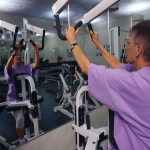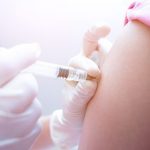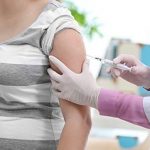
When it comes to pumping iron, women have as much to gain as men. A new study compared the results of women and men aged 50 to 90 who started resistance training exercise programs, finding that though men were more likely to gain absolute muscle size, their gains were on par with women’s relative to body size. “Historically, people tended to believe that men adapted to a greater degree from resistance training compared to women,” said senior study author Amanda (Mandy) Hagstrom, exercise science lecturer at the University of New South Wales in Sydney, Australia. “The differences we found primarily relate to how we look at the data — that is, absolutely or relatively. ‘Absolute’ looks at the overall gains, while ‘relative’ is a percentage based on their body size,” she said in a university news release. The researchers compared muscle mass and strength gains in more than 650 older men and 750 older women across 30 resistance training studies. Most participants had no previous resistance training experience. “We found no sex differences in changes in relative muscle size or upper body strength in older adults,” Hagstrom said. “It’s important for trainers to understand that women benefit just as much as men in terms of relative improvement compared to their baseline.” They found that when looking at absolute gains, older men gained bigger muscles and… read on > read on >
















